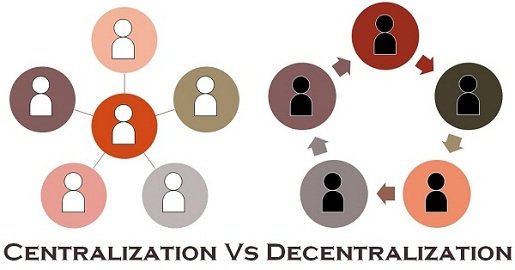
In the beginning of the chapter, author Friedrich A. Hayek introduces that he believes the events unfolding in 1940s America resemble the events that caused an unlikely Germany to turn socialist then totalitarian. Throughout my readings, I noticed that Hayek doesn’t suggest many, if any, specific examples of America’s tilt towards socialism. Though I generally agree with his opinions and find them valid, I just thought it was interesting that he did not mention any concrete examples of his argument. Is there a rise in registered socialists in America during the early twentieth century? What similar movements sparked socialism in America during this time?
Continuing into the author’s excerpt, Hayek argues that democracy “is an obstacle to this suppression of freedom which the centralized direction of economic activity requires” (Hayek p. 40). I agree with his statement. I believe that democracy is inherently anti-planning and is one of the greatest ideologies to prevent the centralization of power and the collectivization of economic activity. Planning the work of just one person or group whereas a democracy involves countless individuals and gates which prevent the takeover of power. A planned economy results in no economic competition. One of the beautiful aspects of human nature is competition and how it makes us better. Competition drives humanity to work faster, innovate smarter, and lead society better. Democracy allows humanity to compete against each other economically which boosts the quality of living for its citizens.
Hayes also delves into the centralization of power in a society versus the decentralization of power within individuals. He discusses that socialists and planners believe that centralizing power will “extinguish power” altogether, but, in reality, it leads to an exponential and uncontrolled growth of limitless power. When you keep gaining power, you crush the competition until you sit at the top with no one to challenge you. At that point, only the sky will limit your power. If you have a decentralization of power, it proves much more difficult for totalitarians and dictators to grab power because they have to hurdle many more obstacles to achieve their desired goals of power. Diversification and decentralization of power will always emerge as the superior ideology. For each individual that holds power, they act as gatekeepers to prevent absolutists and totalitarians from reaching the top. Decentralizaiton’s gatekeeping is just as exponential as the other end of the spectrum where you have limitless power.
Works Cited:
Hayek, Friedrich. A. (1945). The Road to Serfdom. Reader's Digest.
Congratulations @newtonquach! You have completed the following achievement on the Hive blockchain and have been rewarded with new badge(s) :
Your next target is to reach 100 upvotes.
You can view your badges on your board and compare yourself to others in the Ranking
If you no longer want to receive notifications, reply to this comment with the word
STOPCheck out the last post from @hivebuzz: